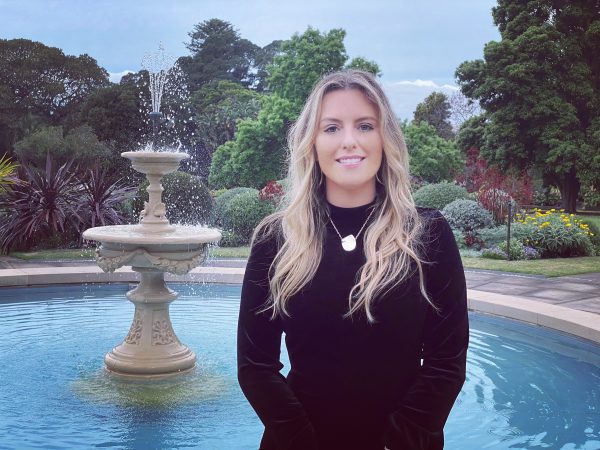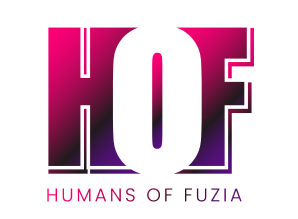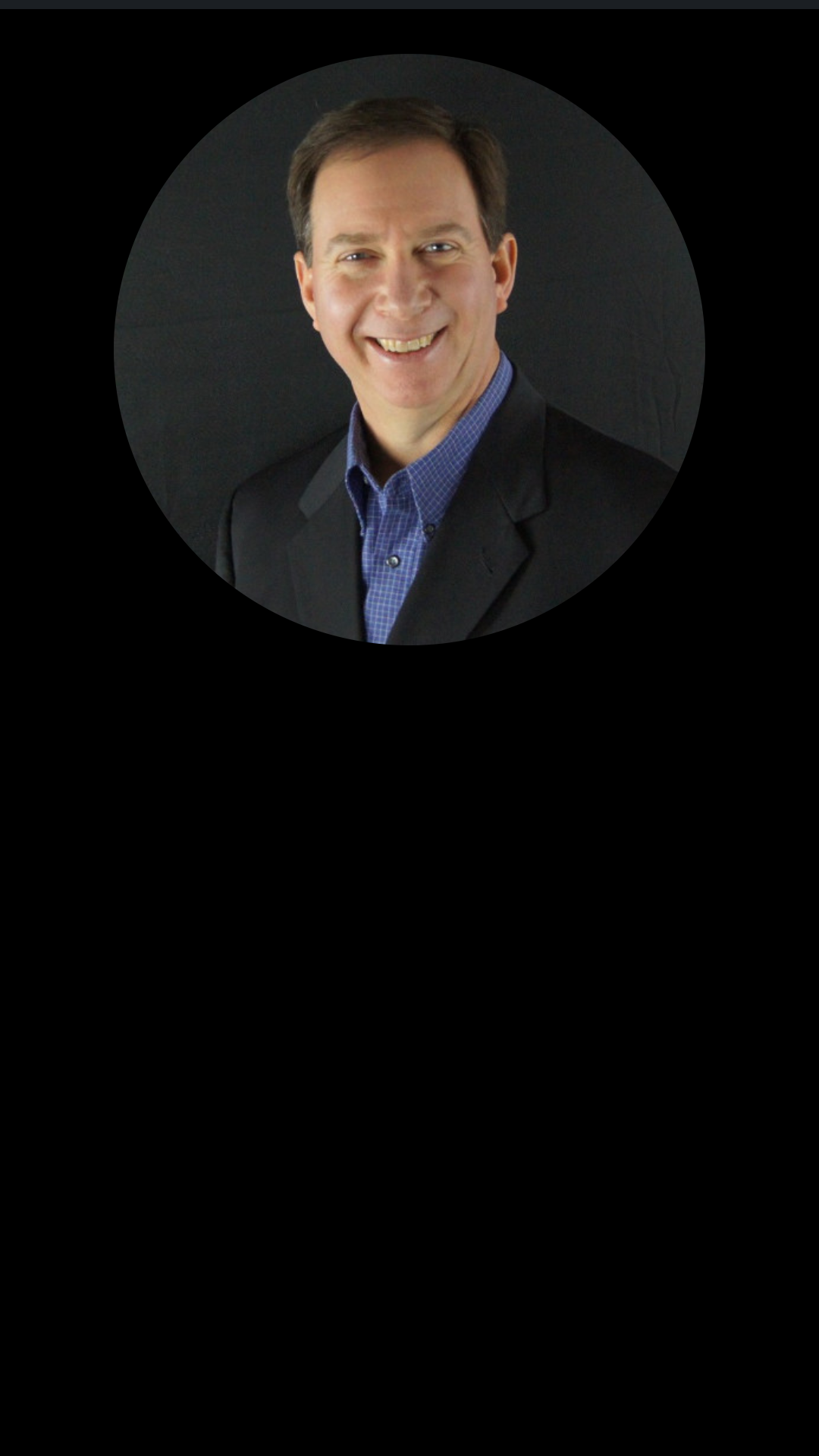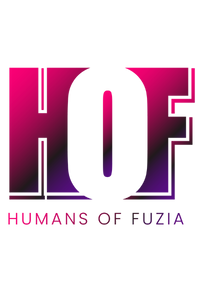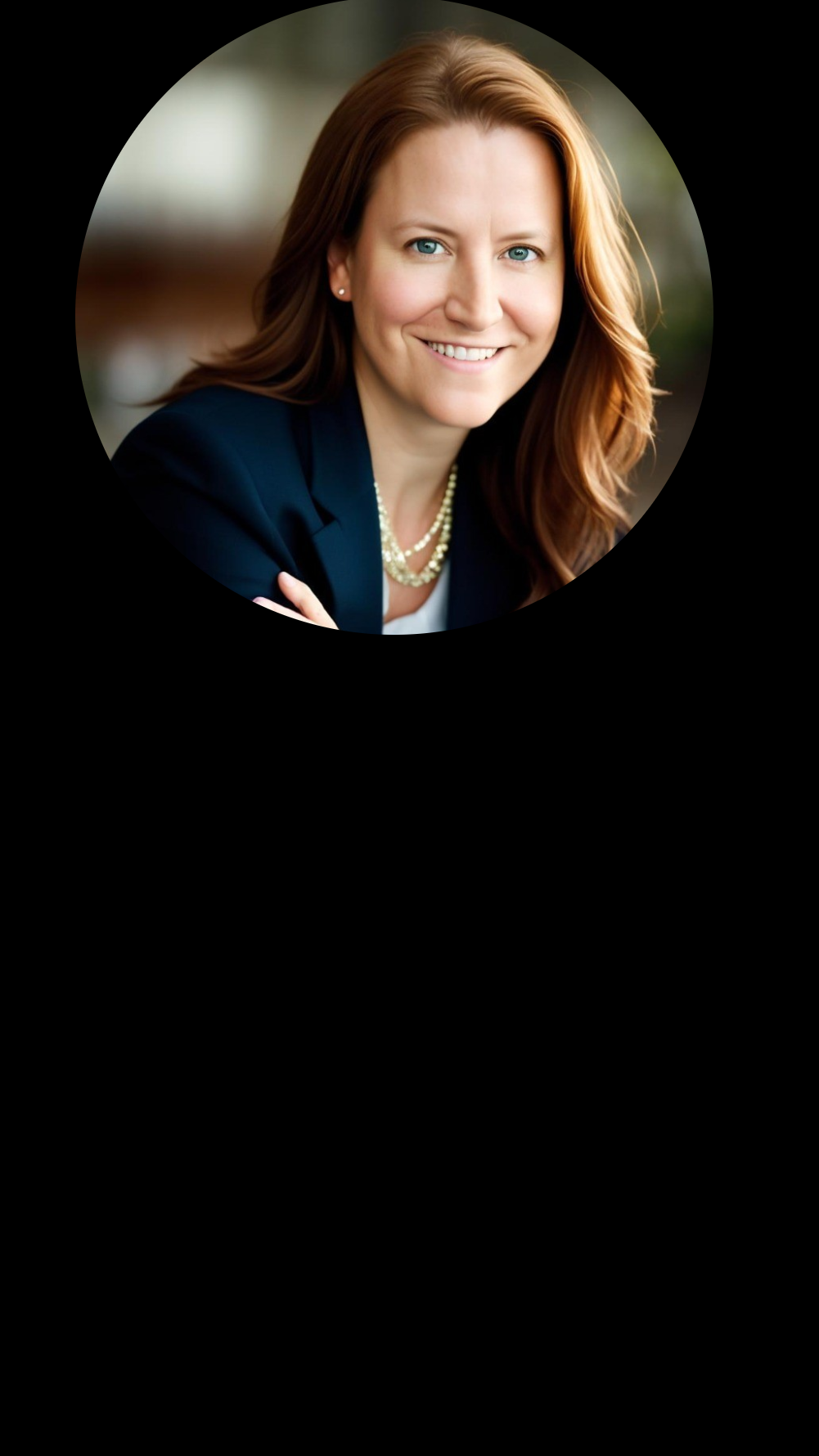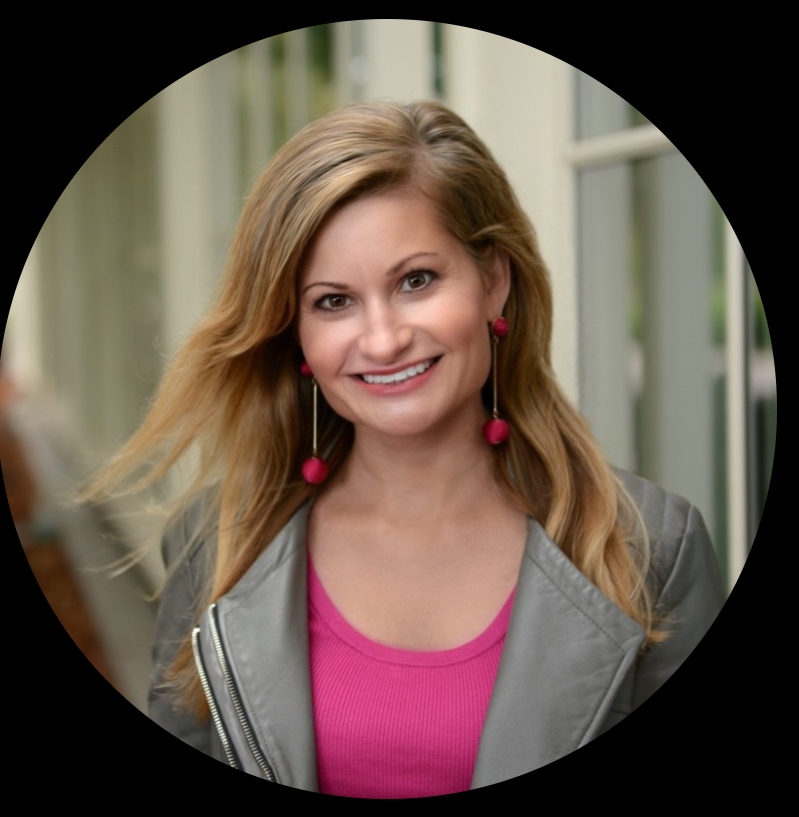Nerita Lewis lives in a small coastal town (5,000 people) in Australia. She is in her 30s and is the CEO and Founder of Jaspen.
Before pursuing her passion for healthcare, she spent 10 years as an Officer in the Royal Australian Air Force. She loves to study and has graduated with four degrees in business, arts and peace and conflict studies.
She enjoys travelling, going out for food, visiting art galleries, reading, practising yoga and taking her dog Florence to the beach for a swim. She is learning to fly to attain her private pilot’s licence.
She is named after a seashell.
What were your initial years of growing up like? Tell us about your life before starting your corporate journey/venture/initiative.
I grew up on a 100–acre property. With a 5-acre garden. The remainder was bushland, looking out at the ocean to the east and a beautiful mountain in the west. My childhood was filled with freedom to explore and create.
I have fond memories of running through the gardens, playing tennis on our own tennis court, practising art daily, spending time with our pets (donkey, 18 peacocks, two dogs, chickens, duck), swimming at the beach, listening to classical music and enjoying Mum’s home cooking. I played many sports, learnt to scuba dive at age six, played the piano for eight years, went fishing, practised calligraphy and would spend hours exploring the property with my sister and dogs.
My parents took me to art galleries from the age of one and theatre productions from the age of two. These experiences shaped me to who I am today. I have seen over 100 theatre productions and visited top art galleries in the world (Paris, NYC and St Petersburg). I studied art history at the National Art School. Seeing Kandinsky’s ‘Winter Landscape’ in Russia and Edvard Munch’s ‘The Scream’ in Norway brought tears to my eyes.
I am filled with gratitude for these experiences from such a young age.
At the age of nine, I asked my parents to help me set up a share portfolio. I had a very strong interest in the world of investing, which continues today. My main motivator is to live a full life where I can say yes to opportunities and to share these experiences with family and friends.
I had a love of business from a young age (around 10). I always wanted to study business at university and have graduated with three business degrees and numerous executive education programs. I am planning to attend Harvard in the near future.
I obtained my first job at the age of 12. Throughout school I worked two to three jobs. I loved meeting people and earning money to invest. These experiences gave me incredible skills in teamwork, customer service and built my confidence (I was extremely shy before working). When I was 25, I was an executive in a fighter jet squadron, overseeing the management of 200 personnel. These early work experiences helped in this role, I knew how to work with others.
I was lucky to go on an exchange to Japan at age 12. I lived with a family and attended school. I couldn’t speak Japanese and they couldn’t speak English! This trip had a profound impact on my life. I purposefully seek travel experiences that are challenging. Travelling through Mexico, Turkey and Russia, learning to horse ride in Spain, studying at postgraduate level in Germany and Chile, and learning to ski in Austria.
My role model is my Mum, a strong, independent, intelligent and kind woman. She always taught me that anything was possible. She used to say I could be a hairdresser, but that I should aim to own the salon.
I look up to amazing women like Angelina Jolie, Amal Clooney and Amelia Earhart. Women who are independent, intelligent and adventurous.
Was there any turning point in your life that changed your journey? If so, what was it? Please tell us the backstory behind it.
The turning point was an injury that occurred during my military service. Imagine waking up and realising that your face is paralysed. That happened in 2014 after a medical procedure. My paralysis healed. However, I developed neuralgia, a type of nerve pain in the face, head and neck.
One of the biggest challenges was being believed by health practitioners and feeling alone trying to figure out how to move forward. I wasn’t given clear guidance on how to manage my pain, except for medications. These had a lot of negative side effects and weren’t a long-term solution. It was an extremely difficult time.
Here’s a few of the big challenges that I had to overcome:
- I was medically discharged from the military: no job, no income, no career;
- I lost my insurance case so no medical coverage for ongoing treatment;
- I was evicted from my apartment as I had no income;
- I had to pack up my life into a shipping container and move in with my Mum;
- I then spent years fighting my case which resulted in being continually retraumatised by repeating my story. Pain is invisible; the insurance case required me to continually prove my conditions and undergo assessments;
- Feeling lost with how I could use my skills, experiences and knowledge and find my purpose. I struggled to function on a basic level, so many options seemed impossible.
These experiences over the past eight years have allowed deep insights into the gaps and opportunities for innovation. I have gone from 22 medications a day to zero. Feeling helpless, lost, alone and confused — to a confident, strong, and empowered advocate for myself and others. I continue to live with pain today, however I have a good quality of life. I am passionate about helping others find their own way forward.
I loved my time in the military. It was really difficult to accept that my career was over. For many years I was so unwell, I was just trying to get through each day. It’s amazing to have found something I’m so passionate about, is rewarding and manageable with my health challenges.
Every industry that is now a large-scale, top-notch business once started as a small idea in the minds of entrepreneurs. What was that idea that made you start this brand? How did such a unique idea strike you, and what motivated you to “YES, go for it?”
This was a small idea that started in 2020. I had some notes in my phone and it was always in the back of my mind. I didn’t start actively working on the idea until 2021.
I joined a startup program for a few hours a week and received positive feedback. I noticed that time went by so quickly, I was in a flow state. I had found what I was supposed to dedicate my time to – this was my YES, go for it moment!. I love learning, so the startup journey so far has been learning something new every single day. I thrive in this type of role, otherwise I become bored very easily.
In late 2021, I moved full-time on the idea. It’s continued to grow from there. I am bootstrapping, so I go at the pace that works best for me and my health and wellbeing. I am not being paid, and work full-time on this idea, that’s how truly passionate about it and how much I enjoy the work!
The idea is unique in that it uses a combination of blockchain, artificial intelligence and digital collectibles. This is revolutionary in the healthcare space. It’s an exciting time to build with the amazing technology that is available.
The focus of Jaspen is on the community. It is community-led product development. Being an authentic brand that truly cares about community members and their voices shape what is built.
Tell us something about your initiative or current role. What is it about, and what impact are you trying to make?
I am the CEO and Founder of Jaspen, an early stage health technology startup.
Our Vision is to prevent chronic pain and support the 1 in 5 people who live with it, no matter where they are in their journey.
We are on a Mission to radically transform how people live with chronic pain. Jaspen is a social platform that provides a safe, supportive and empowering space for members to connect and learn from each other. We are building a thriving global community of 1 million members.
So that 1 million people living with chronic pain are seen, heard, believed and supported; experiencing an improved quality of life.
Jaspen – Your ally through chronic pain.
Everyone has their own set of challenges when starting an entrepreneurial journey. Still, the most essential part for others to learn is how you deal with those. Would you like to share with us your challenges and your coping mechanisms?
One of the biggest challenges has been stopping myself from working. I’ve found my true passion and work feels like a fun hobby! I’ve never experienced that before. I work from home, so it’s easy to work instead of doing other things like exercise or socialising. I’ve had to set a routine and boundaries. What works well is setting the non-negotiables each day: meditation, journaling, exercise, good food and taking my dog for a swim. I’ve also implemented a no meeting policy on Monday’s and Friday’s. I do a flow state (4 hours) each morning. I don’t check social media or emails, I focus on deep work only.
The other challenge I’ve had is comparing myself to others. People are at different stages in their journeys and have unique goals, so it’s not fair to compare. I do have health challenges. I don’t want to work seven days a week and have no life outside of work. So I’m navigating a careful balance between creating a profound impact and having a great lifestyle, it isn’t easy! I also practise gratitude and reflect on everything I’ve achieved. It’s so important to celebrate along the way.
Another challenge has been time management. I wear ‘all the hat’s’ (social media, copywriting, newsletter writing, legal, marketing, outreach, finance, collaborations, research, strategy, etc.), I am responsible for all of it. I always remind myself to focus on what will ‘move the needle’. I follow the ‘Ivy Lee Method’, setting six tasks each day to maintain focus.
While the global pandemic of COVID-19 is associated primarily with adversities, it has also brought about a true boom in startups, with successful entrepreneurship in many countries. The pandemic has impacted all of us in one way or another. Would you like to share your experience on a personal and professional level?
Professionally, COVID-19 helped significantly on the startup journey. Meetings, opportunities, programs, etc. were all available online. Being based in regional Australia, the majority of these were previously face-to-face only. The pandemic forced organisations to offer alternate solutions. This has been incredible for the startup world, but especially for people with disabilities. I participated in some amazing startup programs, met great people (including friends) and found incredible business opportunities – all from the comfort of my home and daily lunch breaks at the beach. Twitter has been a life changing platform, I’ve met many people to collaborate with and it’s been like a free university.
Personally, it was a particularly challenging time. I spent a lot of time on my own. Work was a great focus and very rewarding. However, I am a very social person, so it was difficult to not meet people face-to-face or enjoy things like going to a cafe. I was also limited with being able to visit family due to travel restrictions. Waiting for the appropriate vaccine took a long time, which meant I had to stay at home a lot longer than others. With my health challenges I couldn’t risk catching Covid.
Your journey and your vision are very inspiring, but are there any achievements or accomplishments you would like to mention?
- Graduated with my third masters in Peace and Conflict Studies whilst undergoing procedures and taking a significant number of medications;
- Graduated with a total of four degrees;
- Awarded a Churchill Fellowship. With a 6% acceptance rate, 84 Fellowships were awarded in 2022 across a diverse range of topics. In mid-2023, I will travel to the USA, UK, Finland and The Netherlands to undertake a research project to help build Jaspen; and
- Became comfortable with sharing my personal story through a newspaper article and podcast;
- Selected for the Australian American Leadership Dialogue. A two-year private diplomatic initiative between Australia and the USA; and
- Selected for an Australian American Association Veterans’ Scholarship to undertake studies in the USA.
Would you like to share with our young budding women entrepreneurs the change you would like to see in the world if given an opportunity?
I would like to see change through the disruption of the power imbalance in the health system. There is a huge gap between the practitioners and the people who live with health conditions. That valuable knowledge isn’t being shared or collected to make real change. Empowering people with health conditions to take control (with support) and improve their quality of life. This has a ripple effect across society as a whole.
The health system is heavily pharmaceutically based instead of a holistic and personalised health approach. So often a person is given a box of medications and told to return in a couple of months. Whilst the medications may be necessary and helpful, there are so many other complimentary treatments and support mechanisms that can give that person the best chance possible. This is what’s missing.
At present, people rely on google, time, luck and money for many of their health challenges. Jaspen wants to eliminate that and become an evidence-based, easy to understand, and accessible platform to help members find their unique path forward and live the best life possible – every person deserves that opportunity. We’ll use the power of data to firstly validate members’ experience to help overcome shame and isolation. Then we’ll use that data to influence policy and build innovation to create significant global impact.
What’s the most important thing you’ve learned in your personal life and professional journey? What is your personal motto in life?
My entire life changed in 2014, I lost everything I’d worked so hard for. I’m now grateful for living with chronic pain. When I’m not looking after myself (working long hours, no exercise, inadequate sleep or diet), my pain increases. It’s like a little warning signal! Not everyone has this, but pay attention to your body and how you feel. Make time in your schedule for the things that matter. I have exercise marked in my calendar, it’s just as important as a business meeting. Planning ahead and looking after yourself means that you are more likely to achieve your goals.
Ambition is something to be proud of. For a long time I held back my ambitions because I feared judgement. Share your goals and the right people will support you. Don’t minimise yourself for the comfort of others.
Always ask why. If the answer is no, ask why, you’ll learn something. If the answer is yes, ask as well. You’ll gain insight into what people are interested in and you can leverage that.
Women are a growing force in the workplaces worldwide, standing shoulder to shoulder with their male counterparts. There are cracks in glass ceilings everywhere, with many women breaking through to carve out a space right at the top of the pyramid. What are your thoughts about women’s leadership today?
If you feel deep down in your heart that you could do something, give it a go! Don’t always wonder. I don’t use the word failure, they are life experiences. I’ve missed out on things before but they have led me on a different path.
Being female can actually be an advantage. In the blockchain world, there’s very few females so it’s easier to be noticed and connect with people. Whilst it would be amazing if there was more equality in industries, use it to your advantage to achieve your goals. During my military service, there were only five females out of 200 in one department that I worked. I’m used to operating in predominantly male industries, the key is to learn to work with men and gain their respect.
Use your voice. Don’t be afraid to share your experiences and views. Content is incredibly powerful. The sooner you start to share and engage on Twitter, LinkedIn or another platform the better. You gain credibility and get offered opportunities.
No matter what gender a person is or what health challenge they have, everyone deserves access to opportunities. For a long time, I felt ashamed and was concerned that I would miss out on opportunities because of my health. I know that this may be the case in some circumstances, but I would never want to work with people like that! Be your authentic self, use your voice, stand up for what you believe in and find the right people to surround yourself with. Then you can find your passion and you will achieve amazing goals. By doing so, you’ll be a role model for other women. I’ve looked up to women for inspiration and it’s given me the courage to try.
Women’s leadership still has a long way to go in a patriarchal world. We need to work with the system and influence from within. Leaning into your unique power is the way forward.
With your grit and determination, you are making a considerable impact, breaking through, and serving as role models for many budding entrepreneurs. What would you want to say to our young women leaders/audience reading this?
Try! Start small. Listen to podcasts, read books. You don’t need to quit your job and go all in. Don’t wait for other people to support you. You’ll have doubts, but listen to your intuition, it will guide you. If something doesn’t feel right, it probably isn’t, even if you can’t find an exact reason. This is what has helped me the most.
Write your goals down, it’s very powerful. I use visualisation daily. When I was studying my double masters full-time and whilst working full-time, I used visualisation. I would imagine being on stage, holding two degrees (see photo in photos link). This helped in the challenging times. It came true, it’s a great photo! A vision board helps with visualisation.



